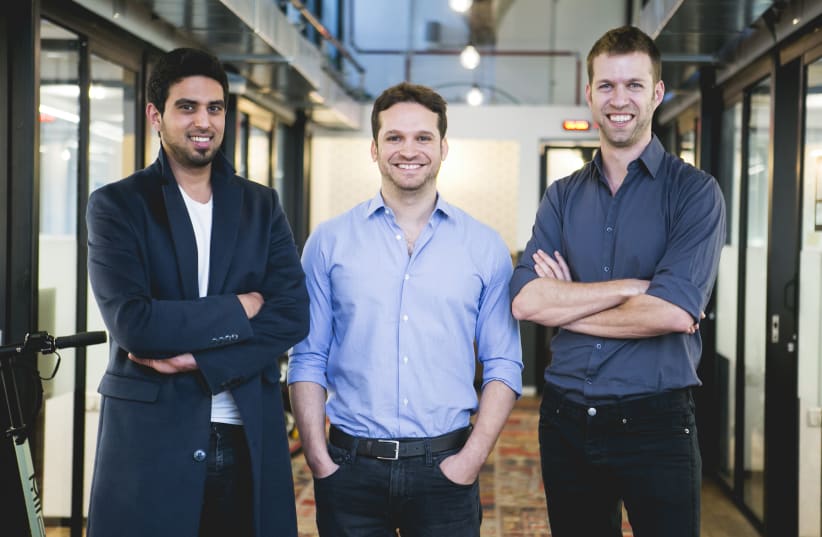Israeli start-up ensures privacy in growing world of facial recognition
Influenced by being unable to share photos on social media during their military service due to the sensitive nature of their work, they founded Tel Aviv-based company D-ID in January 2017.
